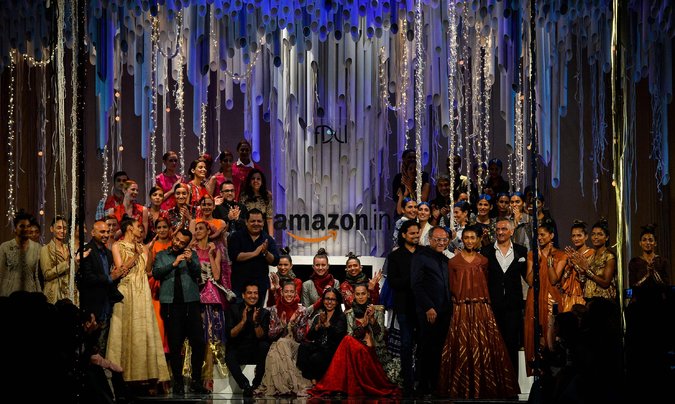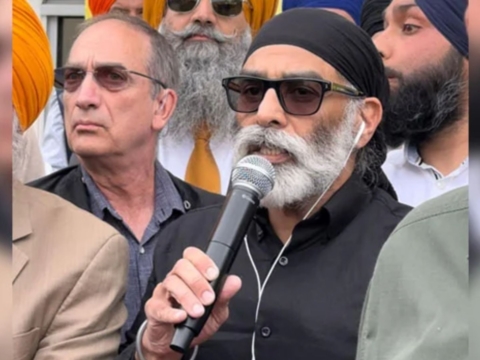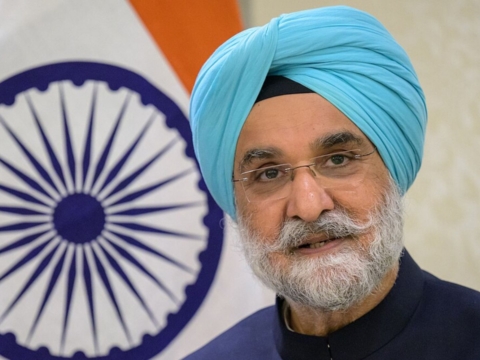
SEATTLE (Diya TV) — Amazon’s planned expansions into India, the world’s second-most-populous nation behind China, are of the utmost importance to the company. However, added regulations governing ownership of e-commerce companies operating in the country by the Indian government last month could have just stalled those expansions.
The government added regulations related to pricing and the sourcing of sales on sites that Amazon and several of its rivals appear to be in direct violation of.
“They’ve not given any timeline for enforcement,” Satish Meena, an analyst at Forrester Research in India. “There’s no proper instructions to companies about how to implement these things. That’s a very open-ended question the government has left.”
A trade group representing the Internet companies is considering sending a letter to the government asking for clarification of the rules and to delay their enforcement until September — analysts and executives in India say they do not anticipate an immediate crackdown of the rules, but it also remains unclear what the consequences of violating would be.
Uncertainty is unfortunately a familiar trait for doing business in India, which has seen an extreme growth in investments by Internet companies in its online commerce sector. The flood has seen an equally swift opposition from the country’s politically powerful domestic retailers. Online spending in India is expected to jump to nearly $75 billion by 2020 from a mere $12.1 billion last year, as more of the country’s 1.25 billion people get on the Internet, according to Forrester.
Such numbers have led Amazon executives to believe India could become the company’s second-largest market, behind the U.S., within a decade. In 2014, Amazon CEO Jeff Bezos, climbed a bus in Bangalore wearing a jodhpuri-style Indian coat and holding a giant check for $2 billion, representing the amount Amazon pledged to plow into its business in the country.
“With a growing middle class and propensity to shop online, the revenue potential there is enormous,” said Colin Sebastian, an analyst at Robert W. Baird & Company.
Just as in the U.S., India’s brick-and-mortar businesses have expressed extremely alarm at the growth of the e-commerce industry, and have sued the Indian government in an effort to enforce stricter regulations. For Amazon specifically, there is an urgent effort to crack India’s market after fumbling attempts to do the same in China.
India essentially prohibits e-commerce companies with substantial foreign ownership from operating retail markets that sell from their own suppliers of goods. To work around the restrictions, companies like Amazon and eBay match themselves with independent sellers, meaning they own none of their own retail.
Information from the New York Times contributed to this report.




